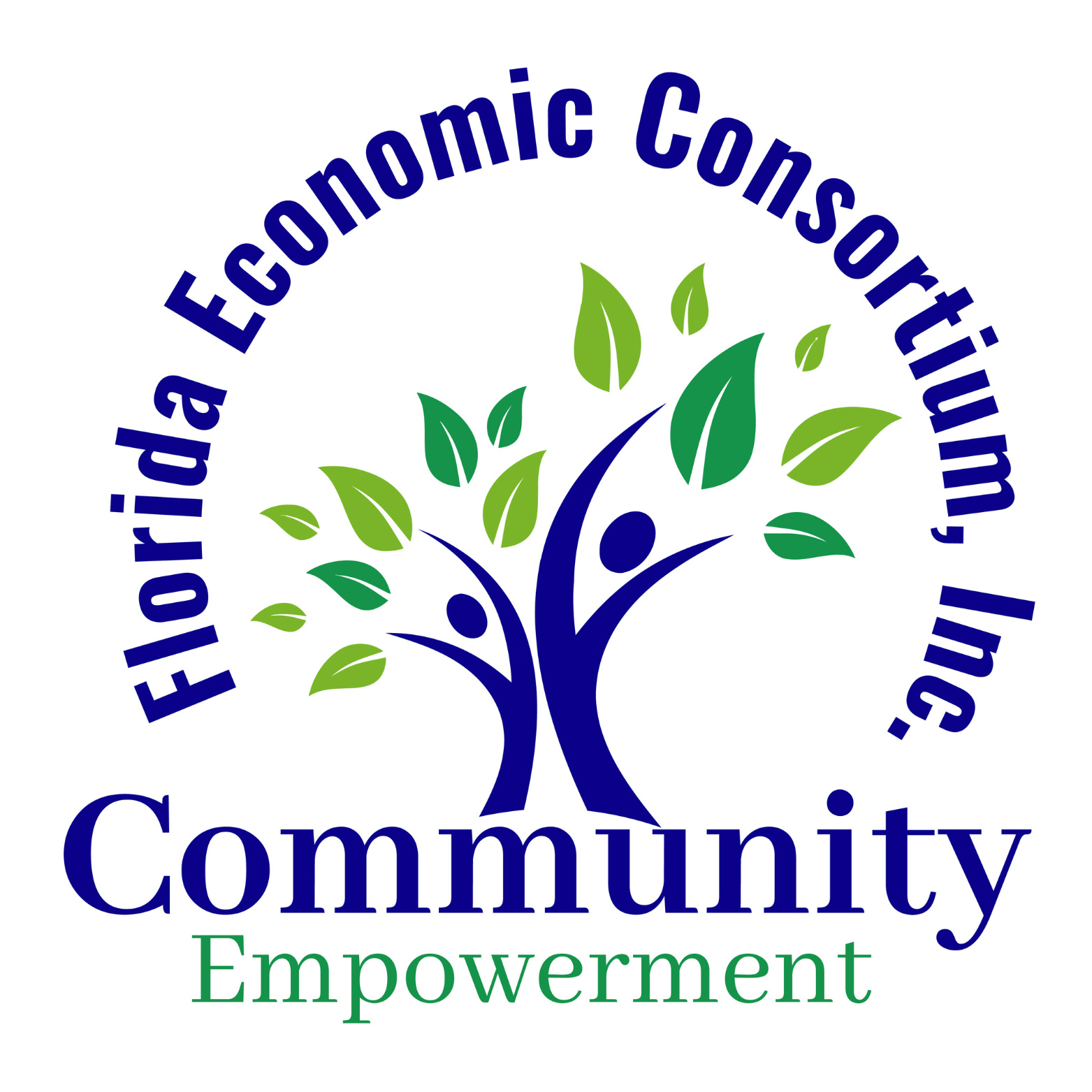Just managing high blood pressure can significantly enhance your quality of life and lower the risk of serious complications. In this comprehensive guide, you will explore effective strategies for controlling your blood pressure, from lifestyle changes to medical interventions. You’ll gain insight into the importance of regular monitoring, dietary adjustments, exercise regimens, and stress management techniques tailored specifically for your needs. By taking proactive steps, you can empower yourself to prevent hypertension complications and maintain optimal health.

The Unseen Dangers of Hypertension
Hypertension is often referred to as the “silent killer” because it typically exhibits no symptoms until significant damage has already occurred. Living with uncontrolled high blood pressure can stealthily increase your risk of heart disease, stroke, and kidney failure. Understanding these hidden dangers is important in taking proactive steps to manage your blood pressure and protect your overall health.
How High Blood Pressure Harms Your Body
Your body endures serious strain when blood pressure rises consistently. Over time, high blood pressure can damage your arteries, making them less elastic and reducing blood flow to vital organs. This damage can lead to the development of atherosclerosis, heart attack, and even heart failure, ultimately putting your life at risk.
The Link Between Hypertension and Chronic Diseases
Chronic diseases such as diabetes, kidney disease, and cardiovascular conditions are often intertwined with hypertension. High blood pressure exacerbates these conditions, leading to a vicious cycle that can diminish your quality of life and increase medical costs. For instance, people with diabetes are twice as likely to develop heart disease if they also suffer from hypertension, underscoring the importance of monitoring and managing your blood pressure to protect against these complications.
High blood pressure can also accelerate the progression of chronic kidney disease (CKD). As the kidneys filter blood, they require a delicate balance of pressure to function efficiently. When this balance is disrupted, it can lead to kidney damage over time. Additionally, the combination of hypertension and diabetes can obscure kidney function, making it harder for healthcare providers to manage and treat these conditions effectively. Recognizing the link between hypertension and chronic diseases is important for you to grasp the full impact of high blood pressure on your health.
The Lifestyle Blueprint for Blood Pressure Management
Managing high blood pressure effectively starts with a comprehensive lifestyle blueprint. Incorporating systematic dietary adjustments, regular physical activity, and stress reduction techniques into your daily routine can significantly improve your blood pressure levels. Each of these elements interconnects, providing a synergistic effect that not only helps to regulate your blood pressure but also promotes overall health and well-being.
Dietary Adjustments: Foods That Heal
Your diet plays a pivotal role in blood pressure management. Incorporating whole foods rich in potassium, magnesium, and fiber, such as fruits, vegetables, whole grains, and lean proteins, can help lower your numbers. Foods like beets, spinach, and fatty fish not only provide necessary nutrients but also contain properties that support cardiovascular health, making them integral to your hypertension prevention strategy.
The Power of Physical Activity: Exercise as Medicine
Engaging in regular physical activity is one of the most effective ways to lower your blood pressure naturally. Aim for at least 150 minutes of aerobic exercise each week, such as brisk walking, swimming, or cycling. Additionally, incorporating strength training exercises at least twice a week enhances cardiovascular health and boosts metabolic function, further aiding in blood pressure control.
Scientific studies indicate that even moderate exercise can significantly drop systolic and diastolic blood pressure levels. For instance, a consistent routine of 30 minutes a day can yield an average reduction of 4 to 9 mm Hg. Physical activity also promotes the release of endorphins, which can elevate your mood and reduce stress, contributing to better overall health. Finding activities you enjoy makes it easier to stick to a routine, ensuring that exercise becomes a permanent fixture in your lifestyle.
Stress Reduction Techniques: Finding Inner Calm
Establishing a stress reduction practice can have profound effects on your health. Studies reveal that regular engagement in mindfulness meditation can lead to a significant reduction in blood pressure, alongside lowering anxiety and improving sleep quality. Finding a few minutes each day to practice deep breathing or pursue relaxation techniques can be transformative. Creating a personal ritual, whether it’s a quiet cup of tea in the morning or an evening yoga routine, establishes a sense of routine that supports both your physical and mental health.
Medical Interventions: Navigating Treatment Options
High blood pressure treatment encompasses various medical interventions, tailored to individual needs and severity of hypertension. Options range from lifestyle changes to pharmacological therapies, allowing you to manage your condition effectively. Navigating the array of treatments can be complex, so understanding the options available helps ensure you make informed decisions that align with your health goals.
Understanding Medication: What You Need to Know
Familiarizing yourself with the different categories of antihypertensive medications can enhance your treatment experience. Diuretics help eliminate excess sodium and fluids, while ACE inhibitors relax blood vessels. Calcium channel blockers and beta-blockers each have unique mechanisms to control blood pressure. Consulting with your healthcare provider ensures you understand potential side effects and how to optimize your medication regimen for maximum effectiveness.
Alternative Therapies: The Role of Supplements and Acupuncture
Incorporating alternative therapies into your hypertension management may complement traditional treatments. Supplements such as omega-3 fatty acids, magnesium, and potassium have shown promise in supporting heart health. Acupuncture, recognized for its stress-relieving properties, may also play a role in regulating blood pressure. While these options can provide benefits, collaborating with your healthcare team ensures any alternative therapies align with your overall treatment plan.
When exploring alternative therapies like supplements and acupuncture, consider the growing body of evidence supporting their efficacy. For instance, studies have reported that omega-3 fatty acids can lower blood pressure by 4-8 mmHg in some individuals. Similarly, acupuncture has been linked to improved cardiovascular function, showing a potential reduction in systolic and diastolic pressure. As you navigate these options, keep an open dialogue with your healthcare provider to evaluate how these therapies can fit into your personalized hypertension management strategy.
Monitoring & Tracking Progress Effectively
Consistent monitoring of your blood pressure is crucial in managing hypertension effectively. Keeping track of your readings allows you to identify patterns, recognize any fluctuations, and assess how lifestyle changes or medications are impacting your health. Developing a routine for regular measurements can empower you to maintain control over your blood pressure levels and make informed decisions about your health care strategies.
The Best Tools for Self-Monitoring Blood Pressure
Investing in a quality digital blood pressure monitor can significantly assist you in self-monitoring. These devices are often user-friendly, portable, and provide accurate readings with minimal training. Look for models that offer features like memory storage to track trends over time, adjustable cuffs for comfort, and even Bluetooth connectivity to sync data with health apps for easier management.
When to Seek Professional Help: Recognizing Warning Signs
Being vigilant for symptoms that may indicate deteriorating blood pressure levels can help prevent complications. Seek professional help if you experience severe headaches, chest pain, shortness of breath, or vision changes, as these may signal a hypertensive crisis or other serious cardiovascular issues. Timely intervention can make a significant difference in managing your health.
Although occasional spikes in blood pressure are usually not concerning, persistent symptoms such as severe headaches, chest pain, or uncharacteristic fatigue demand attention. These signs may indicate a hypertensive emergency and could potentially lead to devastating health consequences like heart attack or stroke if left untreated. Regularly consulting with your healthcare provider when such symptoms arise can help ensure that you’re on the right path and maintaining adequate control over your blood pressure. Don’t hesitate to utilize professional resources if you feel anything seems amiss.
Building a Support Network for Lasting Change
Establishing a robust support network is vital for successfully managing high blood pressure. Surrounding yourself with understanding and encouraging individuals can provide motivation and accountability. Seek out connections in your community or online, as sharing experiences and strategies for healthier living can make your journey less daunting. Working with others who share your goal of managing blood pressure fosters a sense of belonging and encouragement, setting the stage for positive, lasting change.
Involving Family and Friends in Your Journey
Involving family and friends in your health journey can make a significant difference in your success. Share your goals with them, explaining how they can assist you—whether it’s joining you for healthy meals, exercising together, or simply offering emotional support. Having a solid support system can help reinforce your commitment, making it easier to stay on track and navigate challenges that arise along the way.
Connecting with Professional Support: Finding the Right Healthcare Provider
Finding the right healthcare provider is a key element in managing your blood pressure effectively. Look for a physician or specialist who emphasizes collaboration and encourages you to participate in selecting treatment options. A supportive professional can provide personalized plans, answer your questions, and offer holistic advice that matches your lifestyle and preferences. Consider exploring online reviews or seeking recommendations from friends to find a provider who aligns with your health goals and personal values.
In your search for a healthcare provider, consider the types of specialists available—such as cardiologists, internists, or nurse practitioners—based on your needs. It’s beneficial to have initial consultations with a few practitioners to assess their communication styles and willingness to address your concerns. Each visit offers you the chance to discuss your concerns openly and explore treatment options that feel right for you. Building a rapport with a healthcare team sets a foundation not just for treatment but for a partnership in your health journey, making all the difference in effectively managing high blood pressure.
Summing up
Following this guide, you can effectively manage your high blood pressure and take proactive steps to prevent complications associated with hypertension. By adopting a balanced diet, engaging in regular physical activity, and monitoring your readings, you empower yourself to maintain better health. Additionally, understanding the importance of medication adherence and regular check-ups further supports your journey towards optimal blood pressure management. Prioritizing your well-being allows you to live a healthier, more fulfilling life.

